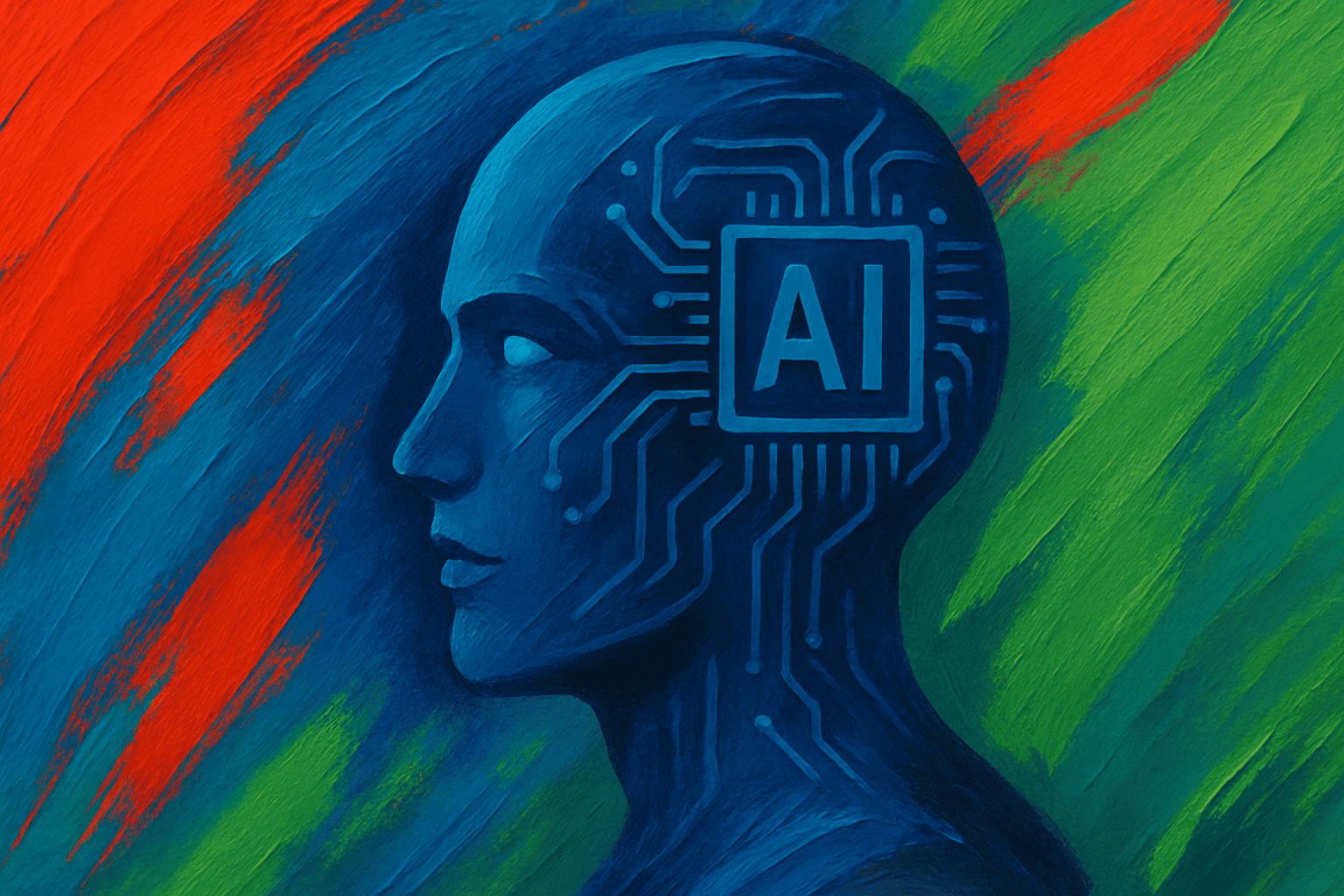This year, artificial intelligence (AI) has been a dominant force, especially since the introduction of ChatGPT by OpenAI late last year. The focus has largely been on AI’s potential to transform various industries and professions, attracting significant investment from venture capitalists into AI startups. However, Chamath Palihapitiya, a notable billionaire investor, former Facebook executive, and CEO of the venture capital firm Social Capital, has pointed out that venture capitalists themselves might be disrupted by this AI wave.
“We talk about AI as a big disruptor to the big companies and this and that, but AI may be the biggest disruptor to VC in the end,” Palihapitiya said on the All-In Podcast last week.
Palihapitiya observes that the advent of AI could be advantageous for startup founders. He believes that these technological advancements will allow founders to retain a larger portion of their company’s equity, reducing the need to cede substantial shares to venture capitalists, citing the past scenario where a tech startup with $2 million in seed funding would typically hire a seven-person team, stretching the funds for about a year and a half. In this traditional model, startups would often exchange equity for capital from VCs to sustain and grow.
“It’s only a matter of time,” said Palihapitiya, “until they can put two and two together in an Excel spreadsheet to figure out that owning 50% of a $100 million company is greater than owning 18% of some other company when you’re massively diluted, or 8% or whatever.”
However, AI tools like GitHub Copilot, which simplifies coding tasks, are changing the game. These tools enable startups to operate more efficiently, often with smaller teams and potentially lower costs by hiring programmers from regions with lower wage expectations. As a result, the same amount of seed funding could now sustain a smaller team for up to four years.
Palihapitiya suggests that with these changes, founders could maintain up to 80% ownership of their companies, potentially leading to more lucrative exits compared to traditional models. Angel investor Jason Calacanis echoes this sentiment, noting a shift in startup founders’ priorities towards profitability and maintaining maximum company ownership.
Previously, Palihapitiya made headlines with his involvement in special purpose acquisition companies (SPACs), which are shell corporations that facilitate private companies becoming public without the traditional IPO process. His comments reflect a recurring interest in the evolving role of venture capital in an AI-driven landscape. He even speculated on a podcast last month about a future with potentially millions of startups comprised of only one or two people, enabled by AI-driven productivity gains.
“There’s a lot of sort of financial engineering that kind of goes away in that world,” he said. “I think the job of the venture capitalist changes really profoundly. I think there’s a reasonable case to make that it doesn’t exist.”






